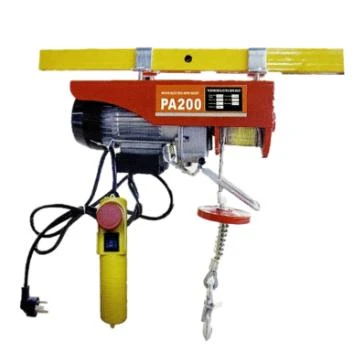


Understanding Different Types of Pallet Trucks
Pallet trucks, also known as pallet jacks, are essential tools in the warehouse and logistics industry. They facilitate the movement of goods and materials, making them an indispensable asset in various settings. This article will explore the different types of pallet trucks, highlighting their specific features and applications.
Manual Pallet Trucks
The most common type of pallet truck is the manual pallet truck. Designed for ease of use, this device features two forks that slide under the pallet. Operators can lift and lower loads using a hydraulic pump activated by a handle. Manual pallet trucks are typically made of steel and come with a variety of fork widths and lengths to accommodate different pallet sizes. They are ideal for companies that require a cost-effective solution for moving pallets short distances, especially in smaller warehouses or retail environments.
Electric Pallet Trucks
For heavier loads and more frequent use, electric pallet trucks are a superior choice. These trucks come with built-in rechargeable batteries that power an electric motor, allowing for effortless lifting and maneuvering. Electric pallet trucks can be operated by either a walk-behind model or a ride-on model, the latter being especially beneficial in larger warehouses where operators may need to transport loads over long distances. The advantage of electric pallet trucks lies in their efficiency, reducing the physical strain on operators while increasing productivity.
Powered Pallet Trucks

Powered pallet trucks are a variation of electric pallet trucks but are specifically designed for heavy-duty operations. These trucks often come with more robust motors and batteries, capable of lifting heavier loads effortlessly. They are commonly used in manufacturing facilities, large retail stores, and distribution centers where lifting and transporting heavy pallets is a daily task. Powered pallet trucks can also come with additional features like weigh scales, allowing users to monitor load weight directly during transportation.
Low-Profile Pallet Trucks
For businesses dealing with non-standard pallets, low-profile pallet trucks provide an effective solution. These trucks are designed with a lower fork height, making them capable of handling pallets and loads that are lower to the ground. This feature is especially useful in industries such as automotive or retail, where items may not conform to the standard pallet dimensions. Low-profile pallet trucks enhance efficiency, as operators can easily load and transport lipped pallets or other low-profile items without the need for additional equipment.
Custom Pallet Trucks
Some companies may require specific modifications to meet their unique operational needs. Custom pallet trucks can be designed with particular specifications, such as extended forks, specialized wheel configurations, or unique ergonomic features. These trucks may also include attachments for handling specialized containers or equipment, making them tailored to a business's specific operations. Investing in custom solutions can help optimize workflow and enhance safety in particular environments.
Conclusion
In conclusion, selecting the right type of pallet truck depends largely on the specific needs of your business, including the weight and type of loads you typically handle as well as the layout of your workspace. Whether you choose a manual pallet truck for simplicity, an electric model for efficiency, or a custom design for specialized needs, understanding the various options available can help maximize productivity and ensure the safe and efficient movement of goods within your operations. By equipping your team with the right pallet truck, you can streamline operations and improve overall workplace safety.



